Step Change
Themes:
Sustainability
Budget:
2,2M
Duration:
2021-2024
Consortium:
11 partners in 5 countries
SFC:
Partner
Step Change is a collaborative European project that builds on the assumption that citizen science can play an even broader societal and scientific role than is generally acknowledged.
The project implements five citizen science initiatives in the field of health, energy, and environment.
Step Change is planned to provide an empirical basis to allow the formulation of recommendations and the production of instruments for better cementing citizen science within research and innovation institutions, as well as changing researcher’s mindsets on its value.
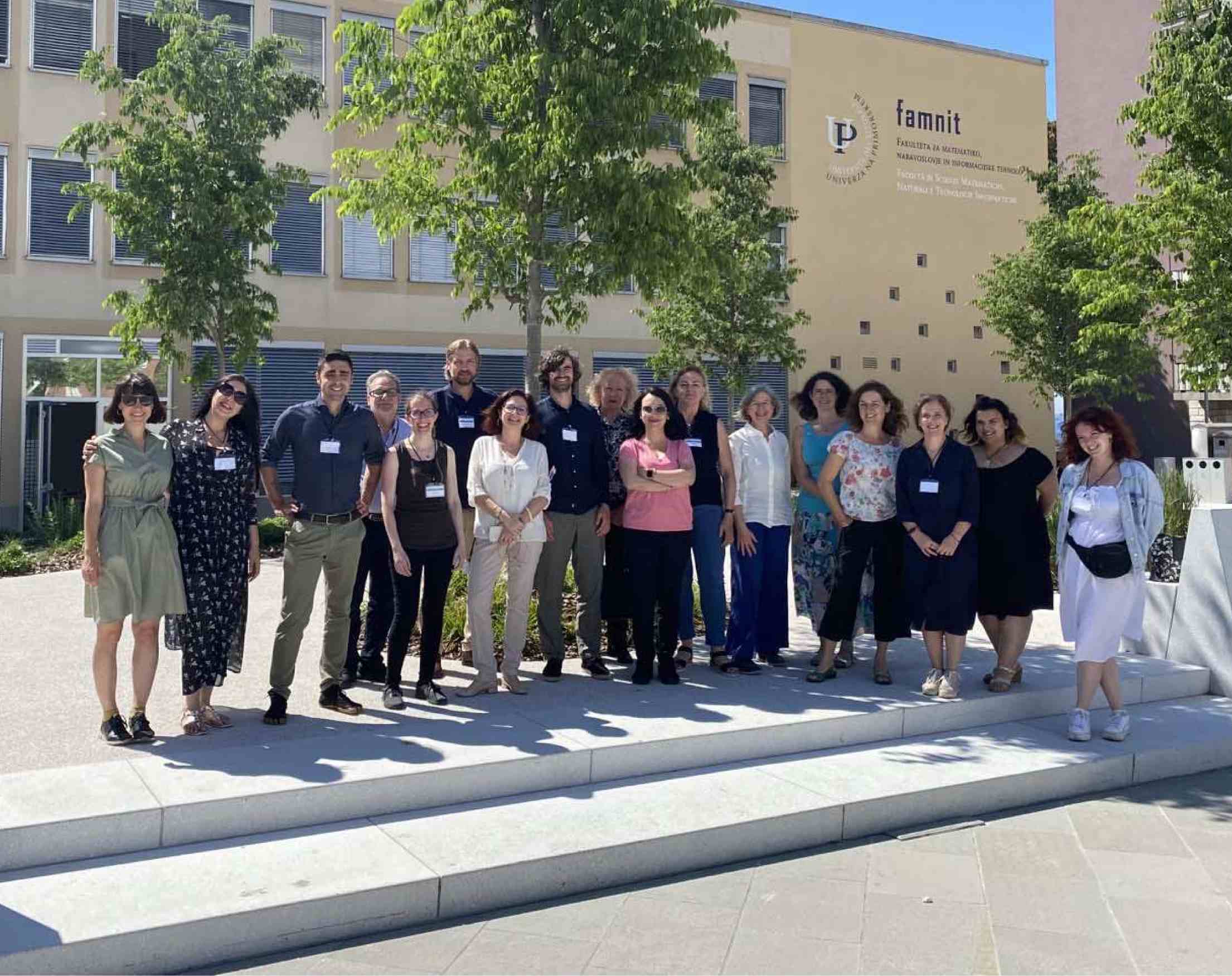
Solutions
SfC supports the five major citizen science initiatives in their citizen participation processes and helps them to anchor the projects in their respective territories and contexts.
The objective is to support the social anchoring of the initiatives, thus increasing their relevance, transcendence, viability and sustainability from the beginning of the project.
5 Citizen Science Initiatives:
Wildlife conservation in Slovenia
Non-alcoholic fatty liver disease in patients in the UK
Energy communities in Germany
Infectious disease outbreak preparedness in Italy
Off-grid renewable energy in agriculture in Uganda

Results
Step Change will promote institutional agreements within the involved research organizations to ensure long-term support to CS, as well as to support a better institutional anchorage of this practice in the broader scientific community.
The legacy of Step Change will consist on producing a model of R&I socialization through CS to be addressed to the 4H. It will consist of both analytic and operational components. Besides, a CS Navigator will be developed to support interested researchers, CS practitioners and newcomers in the development of CSI in any field. The Navigator will feature conceptual, methodological and practical aspects of CS and will be built from the already available training materials aimed at supporting the implementation phase of CSIs; the Scoping Tools aimed at socially rooting CSIs; and the evaluation frameworks which enable CSI to monitor their progress and results and adapt to the local setting.
Related posts
Associates
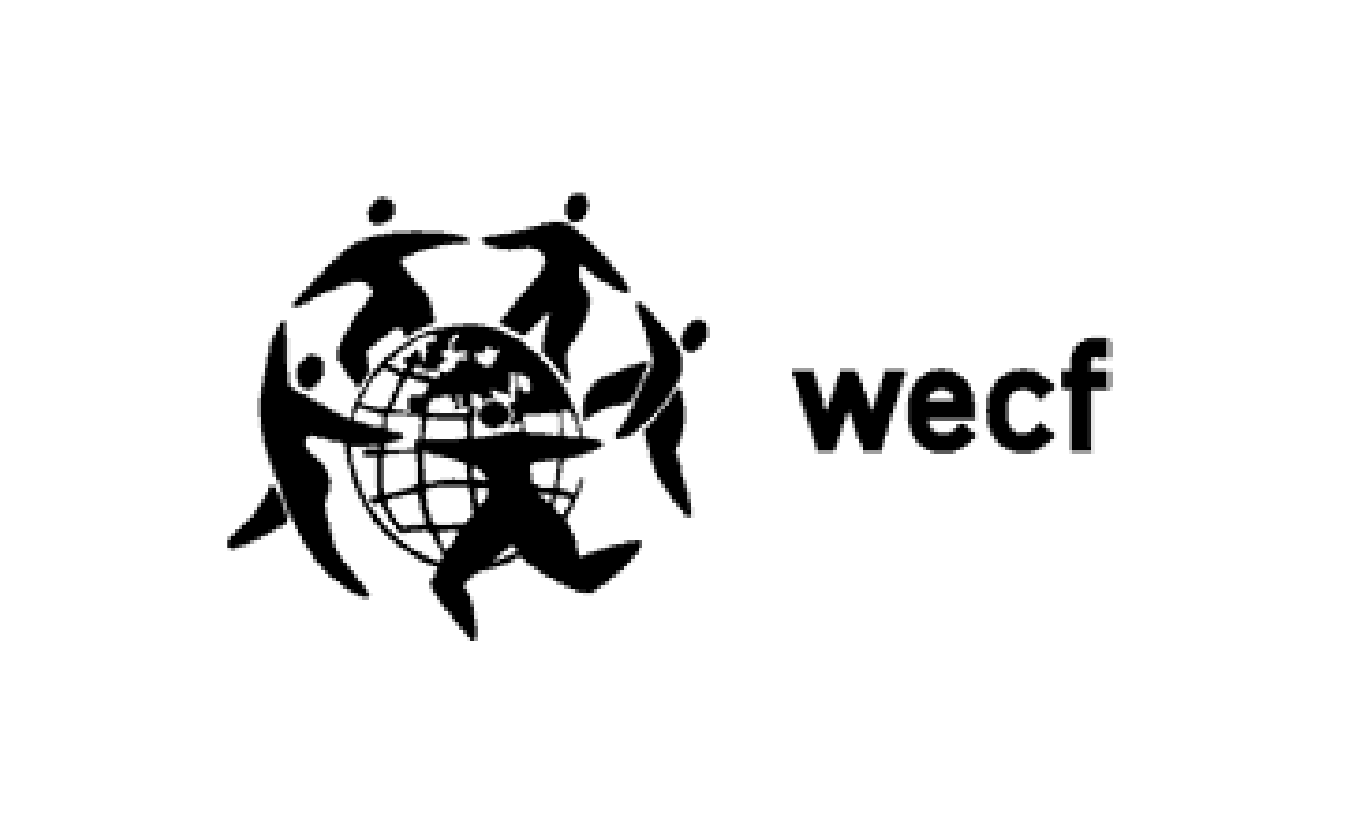
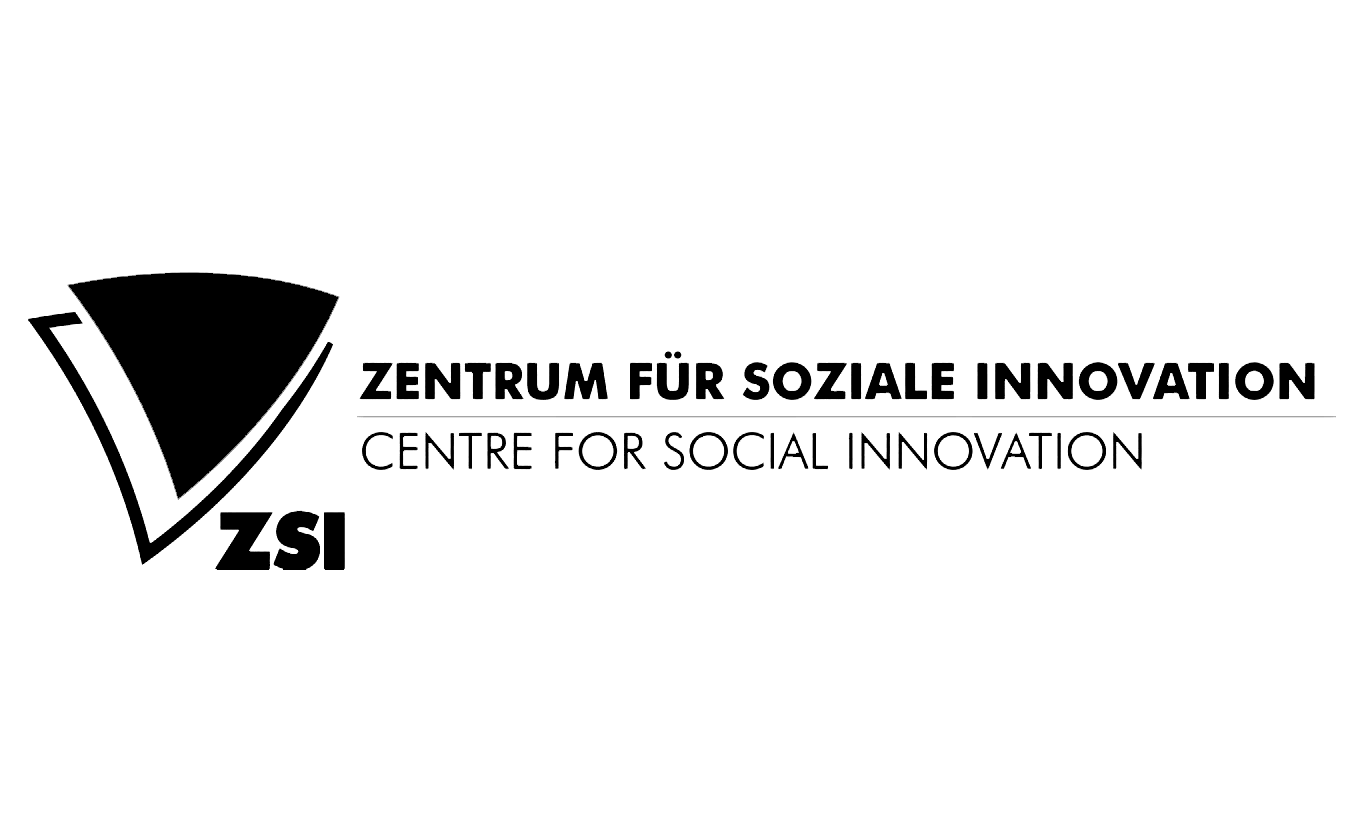
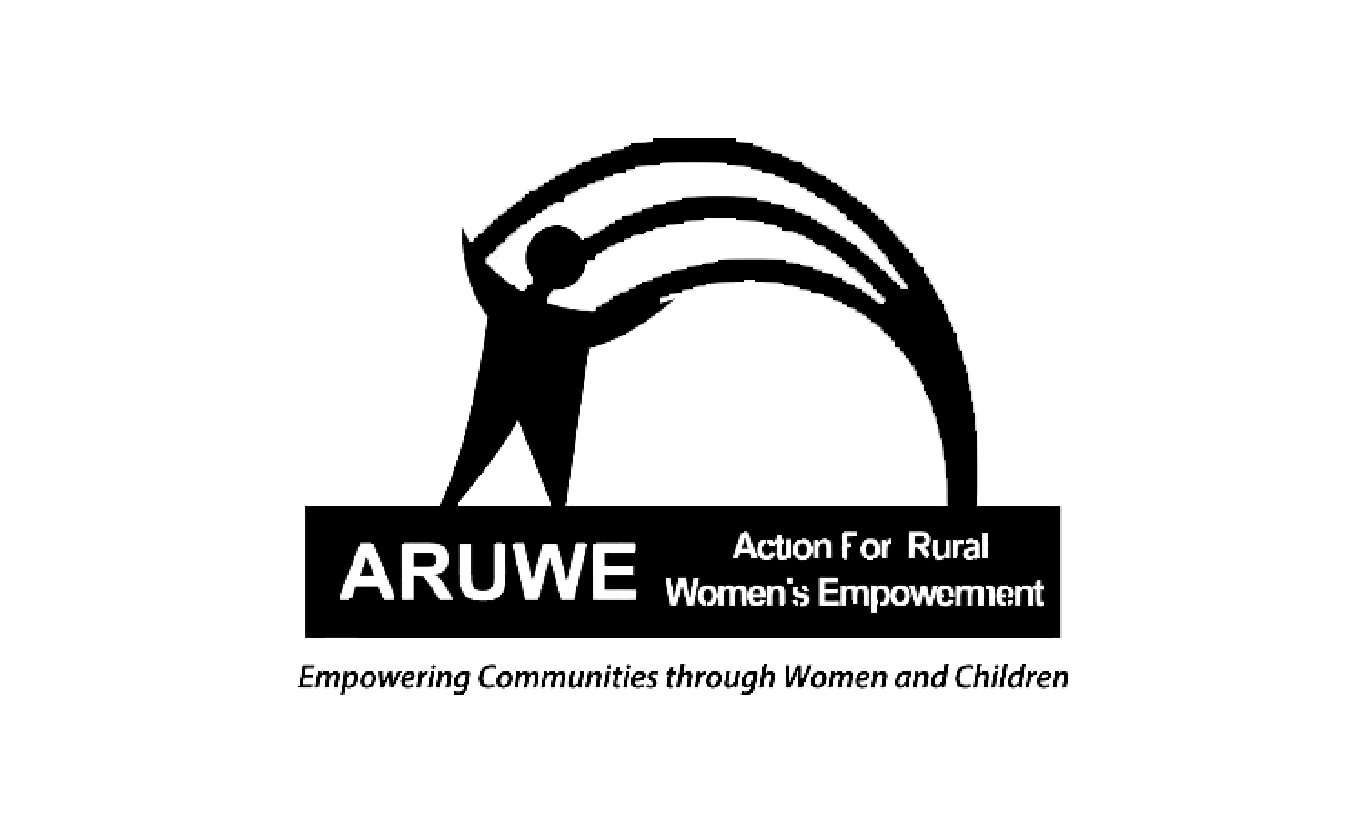

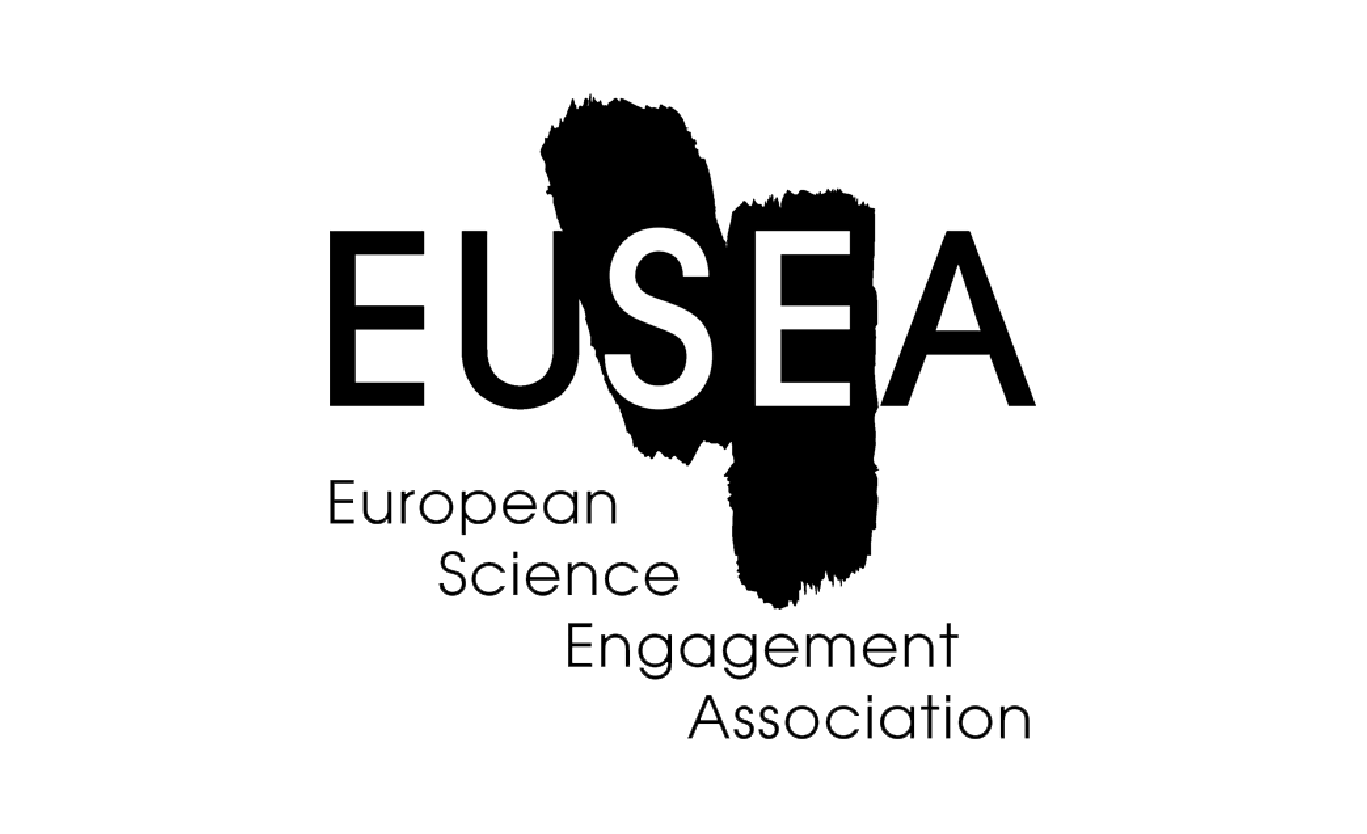

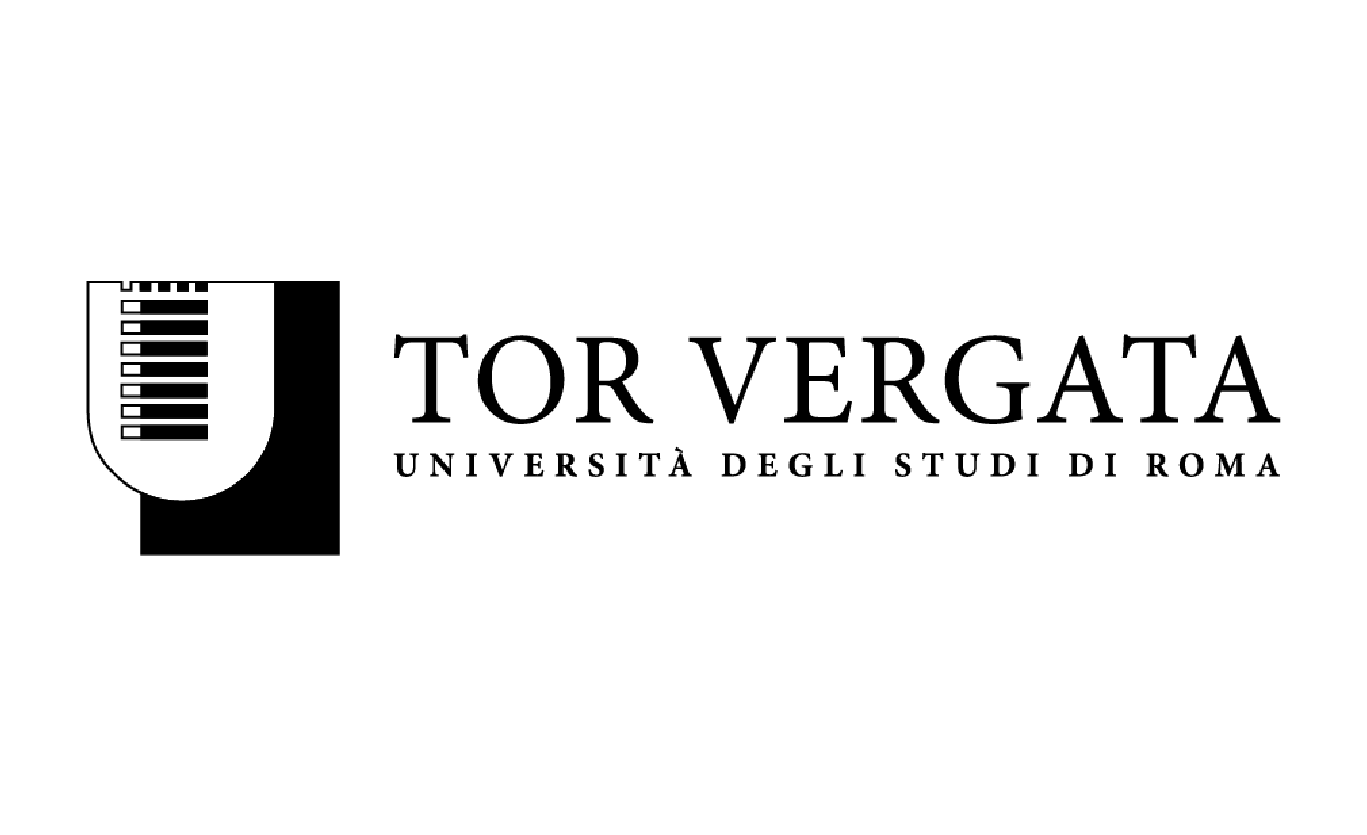
Did this project catch your eye? Take a look at the following services.
Inclusion of the patient experience in health research
Citizen science, Consultancy, mentoring and training, Health,
GO→
Design and mentoring of citizen science and collaborative research projects
Citizen science, Consultancy, mentoring and training,
GO→
Facilitation of collaborative processes
Co-creation strategies, Consultancy, mentoring and training,
GO→
Training in graphic, visual, and oral resources to communicate scientific content
Consultancy, mentoring and training, Science communication,
GO→
Training in Citizen science and collaborative and responsible research
Citizen science, Consultancy, mentoring and training,
GO→
Workshop to foster critical thinking
Consultancy, mentoring and training, Science communication,
GO→
Citizen science to monitor odour pollution
Citizen science, Smells, Sustainability,
GO→
Co-design of technological services
Co-creation strategies, Consultancy, mentoring and training,
GO→
Training in Design Thinking for Research Projects
Co-creation strategies, Consultancy, mentoring and training,
GO→
Training in participatory dynamics with collaborative digital whiteboards
Co-creation strategies, Consultancy, mentoring and training,
GO→